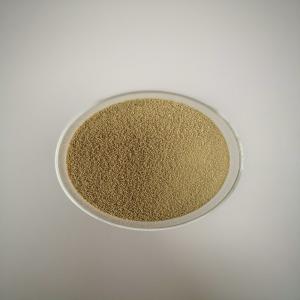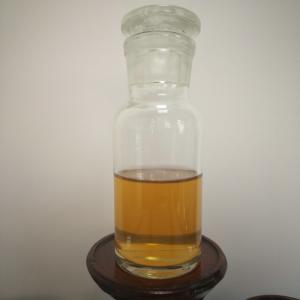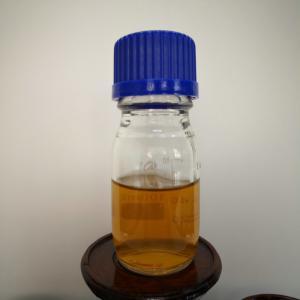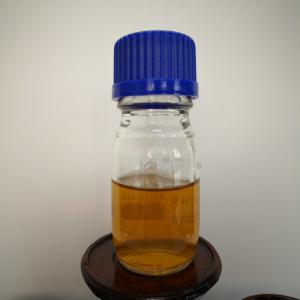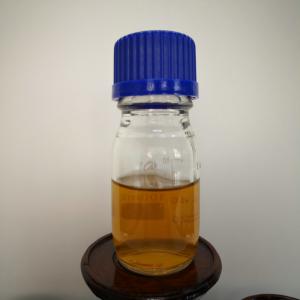Applications
Alpha amylase BAA-240 is applied to brewing industry such as beer, wine, soy sauce and vinegar.
Product Benefits
1.Reduced viscosity of starch;
2.Reduced processing time and cost;
3.Full utilization of raw materials and auxiliaries;
4.Desirable liquefaction and fermentation results.
Description
Alpha-Amylase BAA-240 contains a hydrolyzing alpha-amylase made from submerged culture of Bacillus subtilis var. Through extraction and refining processes. It is a kind of endoamylase, which rapidly decreases the viscosity of the gelatinous starch solution by randomly hydrolyzing starch, glycogen and its degradation products within the alpha-1, 4 glycosidic bonds and produces soluble dextrins and oligosaccharides.
Product Characteristics
Declared enzyme | Alpha-Amylase |
Systematic name | EC 3.2.1.1, 1, 4-alpha-D-glucan glucanohydrolase |
Activity | 3, 000 U/ml (minimum) |
Appearance | Light to dark brown liquid |
Product pH | 5.5 to 7.0 |
Specific gravity | 1.15 to 1.25 g/ml |
Effect of pH
Optimum pH is 6.0 to 6.5, stable pH ranges 6.0 to 7.0, inactivated dramatically with pH below 5.0.
Effect of Temperature
Optimum temperature range of BAA-240 is 60 to 90° C. At a temperature range of 70 to 90° C, the reaction speeds up when the temperature rises while the enzyme inactivation also speeds up.
Effect of Calcium
Calcium ion plays a protective role for the stability of enzyme activity. The enzyme activity may disappear completely without the presence of calcium ion. The pH range of enzyme activity is broadened with the presence of calcium and narrowed without it.
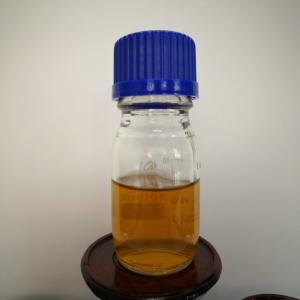
 China
China